The Regional Meeting for the Country Coordinating Mechanisms and the South American Regional Country Coordinating Mechanisms concluded and set forward numerous challenges for the participants.
2010 is expected to be a critical year in the response to HIV/AIDS, in light of this and the new structure presented by the Global Fund, representatives of civil society drew their own conclusions from the meeting.
The positive outcome is to be able to view the opportunities that the mechanisms have to optimise both their organic and operational structure. “The Global Fund is insisting on establishing a better balance within the CCMs between the civil sector, the private sector and the government», explained Orlando Montoya, General Coordinator of ASICAL.
Arely Cano, Regional Secretary of the International Community of Women Living with HIV/AIDS, pointed out that the meeting was enlightening in terms of “gaining more in-depth knowledge about how Global Fund operates and being able to see how civil society, organisations and networks can participate and strive for their proper place.
Rising to the Challenge
“The challenge is empowerment, as with all information that we provide, to prepare our regional proposal in the best way possible and to have it approved in Round 10. This is one of our major challenges”, acknowledges Elena Reynaga, Executive Secretary of RedTraSex.
Marcela Romero, Regional Coordinator of RedLacTrans, agreed that the big challenge is Round 10: “We are going to have to work with the CCMs and present the project. And this presentation has to make them a partner that has the required capacity, the necessary strengthening and information in order to hold their own in a debate”.
Another key challenge will be to achieve the participation and representation of all the sectors within each CCM. “We ask that the CCM statutes in Latin America be reviewed and revised so that the partners in the Trans population can occupy their own place as a specific vulnerable population and not within a collective group”, insisted Romero.
Montoya, in turn, maintained that the main goal will be that the CCMs can ensure its agreement document with the prevalence of the epidemic in these sectors and in each country. “If not, there are going to be many sectors within the mechanisms that therefore, are less affected by the epidemic and are relegated to priority sectors which are the voices that really need to be heard within the CCMs” he commented.
Lastly, Arely Cano referred to the women’s’ situation which according to a report presented by the Observatorio Latino has little representation. “This does not deal with specifying an agenda because we already have one. It deals with being able to see how as women we can have our proper place», she clarifies and concluded:
The exercise will be to see how we can achieve activities between the different actors so that the voices of all populations can be heard”.
Hence, the challenges are the same for everyone. We need to see what happens at the time we put them into practice.
By Alejandra Ruffo and Mirta Ruiz





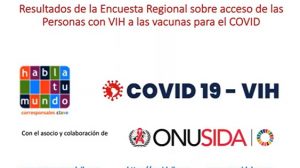
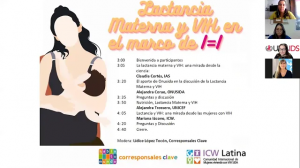
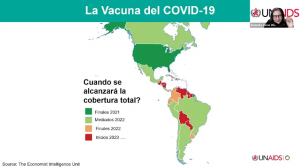
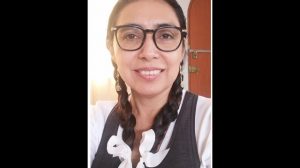
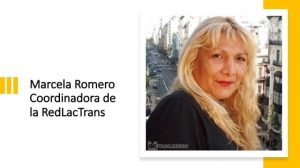
oJggsd syknyovvfwqk, [url=http://kniphybmrgoc.com/]kniphybmrgoc[/url], [link=http://vusgdtsmarti.com/]vusgdtsmarti[/link], http://xhkjawnvszzl.com/
dXB8vF ngiobfwxboqv, [url=http://cecataprbzux.com/]cecataprbzux[/url], [link=http://mdnxpehagnwf.com/]mdnxpehagnwf[/link], http://rsjfejigneav.com/